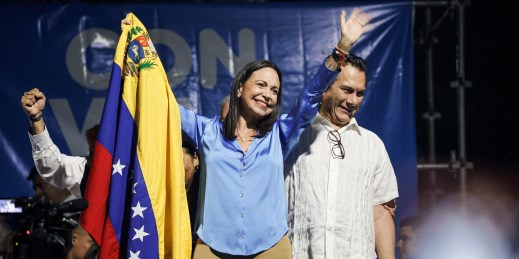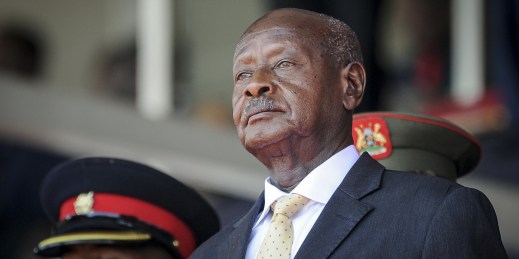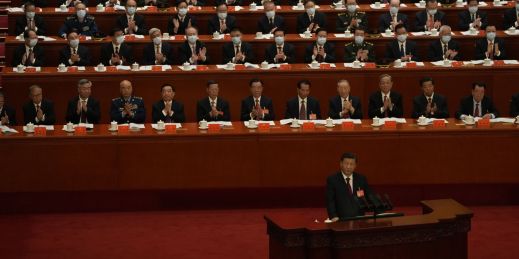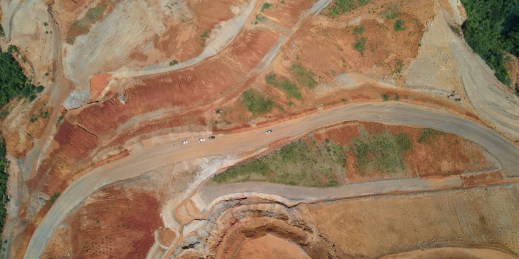Latest Archive
Free Newsletter
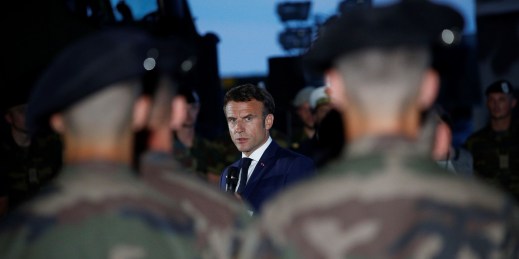
As Europeans come to terms with the long-term consequences of Russia’s all-out invasion of Ukraine and growing isolationist sentiment in the U.S., the potential of a more militarily self-reliant EU has begun to affect internal policies and debates in Brussels that will influence European politics over the coming decades.
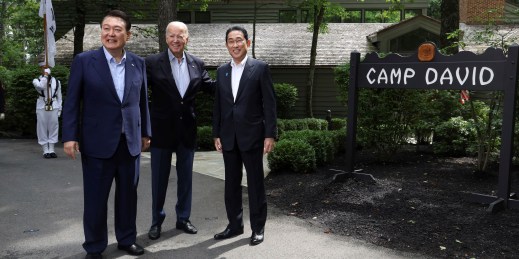
In August 2023, the U.S., Japan and South Korea agreed on a framework for trilateral cooperation to usher in a “new era” in relations among the three countries. The Camp David Principles are significant, but how meaningful they end up being will depend on whether the agreed-upon cooperative mechanisms can deliver practical results.
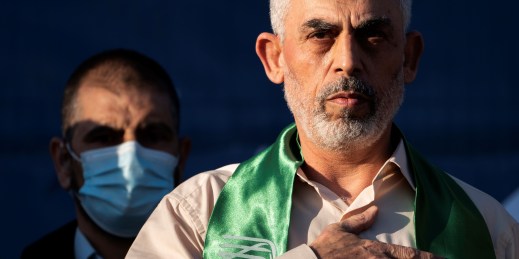
Since the start of the brutal campaign in Gaza, Prime Minister Benjamin Netanyahu has claimed that Israel’s military operations will eradicate the militant group Hamas. The Biden administration has backed that assertion, in both rhetoric and policy. Five months into that campaign, it is less believable today than it has ever been.
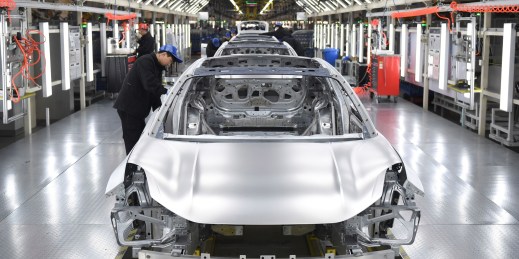
In response to the success of Chinese electric vehicle, or EV, exports, the U.S. and Europe have opened investigations into Chinese automakers, focusing on aspects of the competition that are deemed unfair or unsafe. But another reason for concern over imports of Chinese-made EVs is so far neglected: human rights violations.
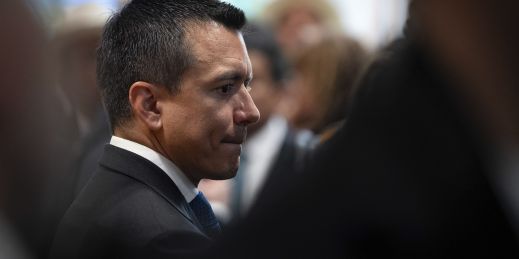
A standoff between Ecuador and Russia over a proposed arms transfer to Ukraine last month foreshadows how global competition among great powers may play out in Latin America moving forward. If the region doesn’t learn from the episode, it will find itself vulnerable to much larger forms of economic coercion over the coming decade.
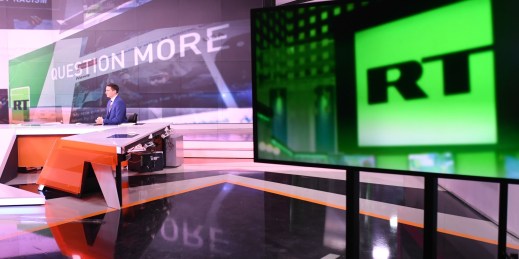
Though often seen as a region with marginal geopolitical leverage, Latin America is increasingly being targeted by Moscow’s influence campaigns. Those efforts are finding receptive audiences, due to a variety of factors. And countering Russian propaganda will not be easy, as doing so effectively requires a nuanced approach.
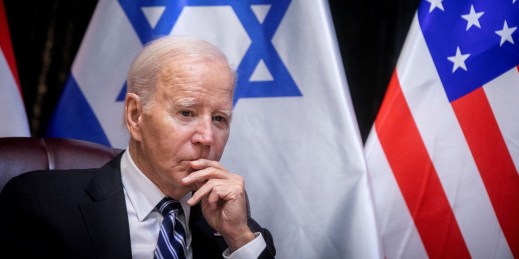
Recent contradictory statements from U.S. and Israeli officials highlight how the two sides are working at cross purposes over the war in Gaza, but also illustrate Washington’s seeming inability to restrain a key ally. And yet, the Biden administration has appeared to go out of its way to give Israel diplomatic cover for the war.

In recent weeks and months, farmers across Europe have taken to the streets to protest against rising production costs and falling wholesale prices. Disruptive farmer protests in Europe are nothing new, but these demonstrations are unprecedented in both scale and nature, provoked by a perfect storm of seismic global events.

